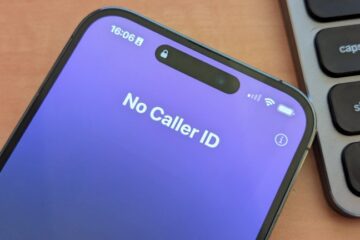Steps of Mobile App Development

It is hard to come up with unique ideas for apps, regardless of what you are trying to accomplish with them. It is becoming harder to be noticed and the cost of investment is significant, both in terms of your time and budget.
Unpreparedness is the stage of mobile app development services that could lead to costly, frustrating, and brand-damaging failures.
But if these building blocks are put together properly, it will make the process much simpler and give you a lot of competitive advantages. Although it takes time to develop a successful application, it’s well worth it.
1) Deeply research the market
In-depth market research is essential to guide everything you do. Knowing the current market needs is key to finding the right app to fill the need.
Your company will be able o avoid the mistakes made by your competitors, increase the effectiveness of strategies that work and clearly outline your approach to the problem. There are millions of available mobile apps. Now is your chance to make yours stand out.
2) Create an elevator pitch and target audience.
Can you clearly articulate the purpose of your application? Is your app different from your website, and what are its uses? This is perhaps the hardest step for marketers as well as business owners. This is not an easy task, but it’s one of the key steps to making your app a success.
3) Choose from the web, native, and hybrid apps
There are a few key technical decisions you must make early on. Your future development and maintenance will be impacted by your choice of Native, Hybrid, or Web App. So it is crucial to leverage market research and the core functionality and purpose you have just identified, in order for you to make the best decisions.
Native apps are best for heavy-duty tasks. Web apps on the other side are great for applications that need easy updates but don’t require any access or knowledge of your device’s native capabilities.
4) Explore your monetization options
Your app can play many roles in your company and improve your bottom line. It is easy to see how an app can generate revenue. However, other apps may only be serving as a resource and/or indirectly helping you with other aspects of your sales funnel.
As with any other option, every path has its pros and cons. Even though you may change your mind later, it’s important to get a solid understanding and start developing mobile apps based on the model that suits your business best.
5) Make your app marketing strategy and create buzz prior to launch
Preparation to market and amplify your app is what will determine its success.
You may be thinking that it is too early for app marketing to begin before you’ve even started development. If you begin creating buzz around your app’s release before it goes live in the app stores, your efforts will be more effective in the long term.
6) Optimize app store
Your app store optimization strategy will depend on many factors. This is the best way to make your app more discoverable in the store.
Respecting both app store guidelines and best practices is essential. Your app can shine by using this unique opportunity to showcase its features and visuals.
7) Know what your resources are
You might be able to tell people ahead of time about your launch date to create excitement and build buzz.
It is crucial to be aware of the development timeframe to achieve this. According to Kinvey’s report, most companies need between 7 months and more than a year in order to develop and launch a mobile app.
This is why it is so important to communicate with developers and technical staff as soon as possible.
This is also a great time to revise and adjust your budget. Depending on how complex the app is, what features it has, how well-structured it is, and many other factors, app development prices can range between less than $10,000 for simple iPad applications to six-figures for full-spec apps. Remember that the prices of app development will vary between developers and agencies based on factors such as agency size, expertise, available and required time frames, and many other factors.
8) Implement security measures
You must also include a privacy agreement in your app in case users provide sensitive information. This policy should cover who is collecting the data and how it is being used.
Your app’s security must be a priority. It should be built during app development. Your users’ data can be your most valuable asset. To ensure this, you must have processes in order to collect, store, and manage it.















